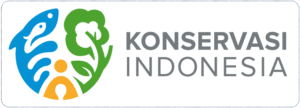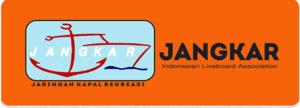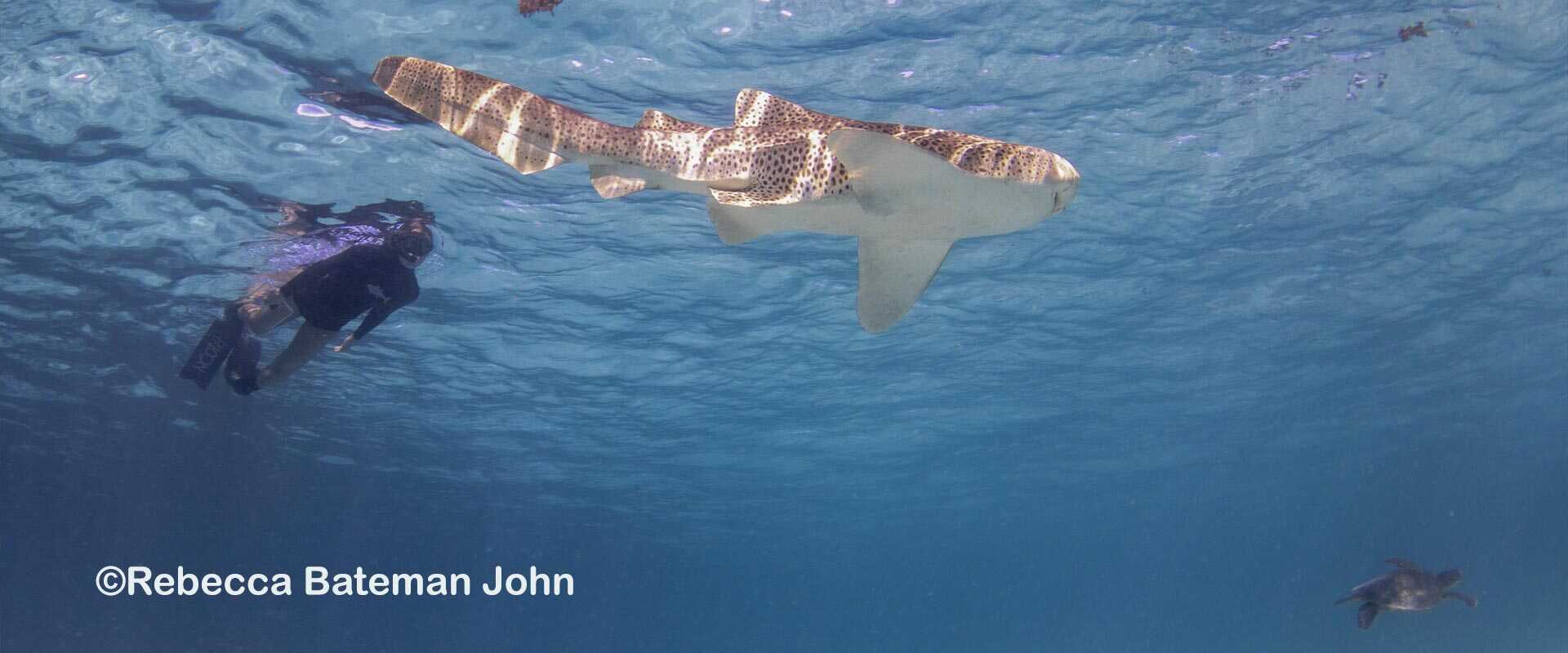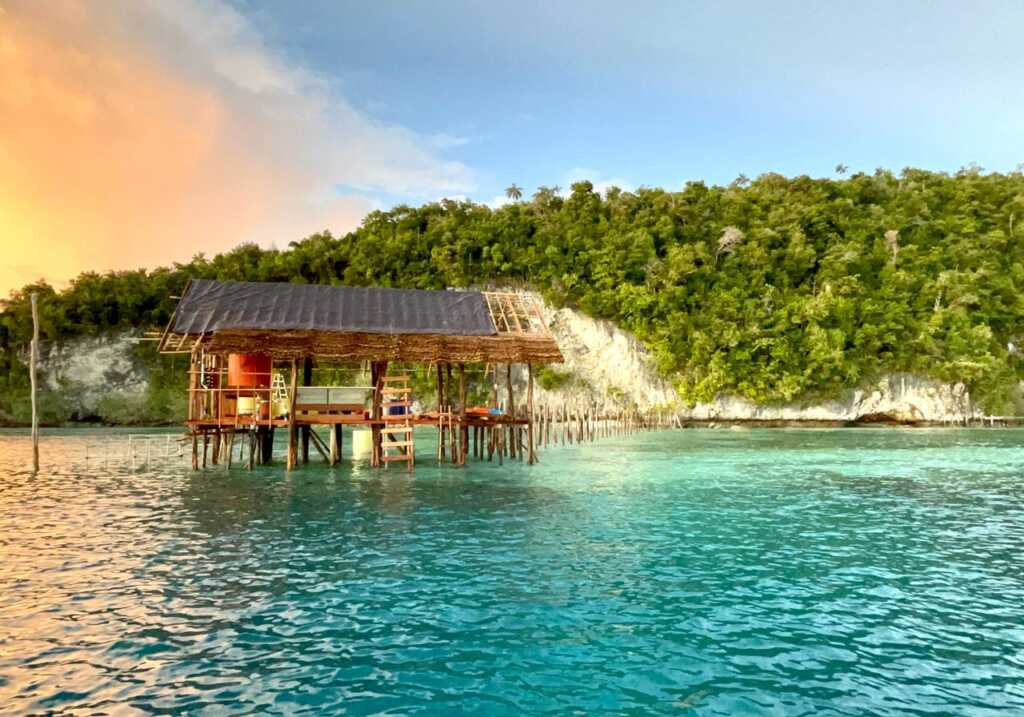StAR updates Re-Wilding the Zebra Shark, Part 3
Note: This is the 3rd article in the series.
In September of 2021 we first introduced the ambitious StAR project, which will hopefully re-wild Raja Ampat with the charismatic Zebra Shark. The project is international in scope with aquariums from all over the world donating and transporting viable Zebra Shark egg cases to two of Indonesia’s Raja Ampat resorts for hatching, rearing, tagging and release. These sharks were once common in the region but shark finning reduced their numbers and the population is currently believed to be so low and so geographically fragmented that it can not recover like other shark species have since Raja’s shark fishing ban went into effect in 2013.
In February of 2022 we wrote about the progress of StAR providing the reader with background information on the shark and project updates.
We now have more updates to share with you, from the StAR team as the project nears the shipping-phase of eggs to Indonesia.
1) StAR Aquarist training at Jakarta Aquarium – This training was successfully completed in March and April in Jakarta. The four young aquarists (“shark nannies”) performed admirably and really enjoyed their time training in Jakarta (for two of them it was their first trip to their nation’s capital!). Here is a nice short video on the training: https://drive.google.com/file/d/1sWrrnjEIwFF6rGfdAj-rZZziSR1XbI5h/view?usp=drivesdk
2) Hatchery construction update – While construction has ended up taking significantly longer than expected due to technical difficulties with sinking pilings into the lagoon edge (and importing some of the life support system equipment), we’re happy to say that both of the hatcheries in Raja Ampat are now fully constructed, and the Papua Diving/Raja Ampat Research and Conservation Centre (RARCC) hatchery has its full life support system installed and running. Two aquarists from Seattle Aquarium will soon travel to Raja Ampat to commission the hatchery, and we expect to have the first eggs there in August (see next point). Below is a photo of the Papua Diving facility from the water; and soon we will be able to share with you a video of the final two weeks’ of construction of the Papua Diving hatchery. Overall, we are very pleased!
3) Selection of Breeder Institutions and First Egg Shipment date – The husbandry and research working groups have worked closely together to finalize the genotyping of nearly 80 individual zebra sharks from all potential breeder facilities (in the US, Europe, Australia and Asia) and have now selected four institutions with adult broodstock that are all of the correct genetic heritage to send eggs to Raja Ampat. These include SeaLife Sydney Aquarium, Chicago Shedd Aquarium, Shark Reef at Mandalay Bay (Nevada), and Henry Doorly Zoo in Omaha (the first aquarium to successfully breed zebra sharks). This process of selecting breeders was more involved than originally envisioned. The four selected breeders have been producing eggs for the past 3 months, and we’ve been carefully testing the eggs for viability. Intriguingly, the US zoos have so far been producing mostly parthenogen eggs (ie, not fertilized by males), but fortunately SeaLife Sydney now has 9 healthy viable eggs (and more being laid weekly) – so we are now moving full speed ahead with final import permits for a shipment of the first batch of eggs from Sydney hopefully during the first week of August. The whole coalition is VERY excited – this has been 2.5 years in the making and we are soon to have eggs in our hatcheries! We will of course keep you up to date on this!!!
4) ReShark website launch – The StAR project team, feeling very excited about how the coalition has developed, have begun thinking more broadly about applying this same approach to other endangered sharks and rays that can be bred in aquariums. A decision was made to create an umbrella initiative called “ReShark” – with the StAR project being the first official project of the ReShark initiative. The goal is to aim at expanding to other areas and with other species once the StAR project in Raja Ampat is moving well. The ReShark website is now officially “live”, but is still a work in progress with intentions to keep building it significantly over the coming months. Here it is: https://www.reshark.org
5) World’s First Successful Artificial Insemination of Zebra sharks – This paper was coauthored by a number of the StAR coalition husbandry team, reporting on successful artificial insemination of zebra sharks during trials in 2011 and 2013. This was obviously before the StAR project was launched, but its great to have this reported in the literature, and there are now several other reports of artificial insemination in other shark and ray species producing successful embryos – all of which bodes well for the ReShark initiative!






































